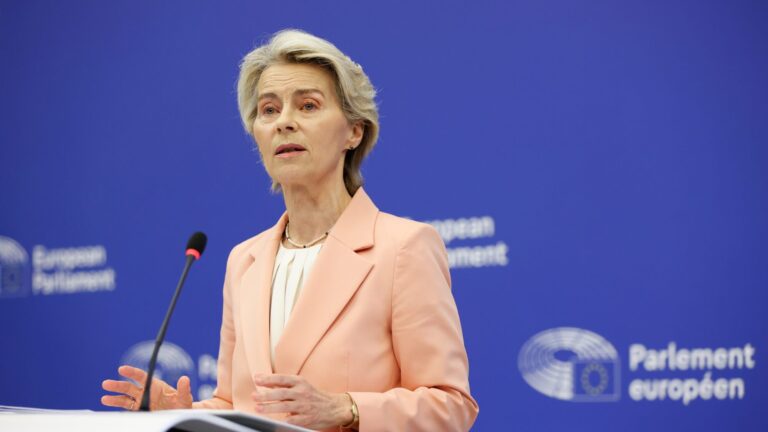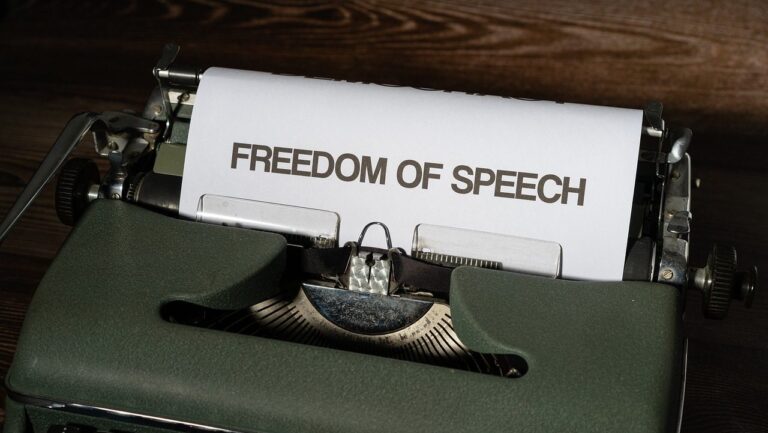According to figures obtained and published by Reuters on June 15th, since the outbreak of the war in Ukraine, Europe is increasing its imports of coal from South Africa, while China is decreasing them.
According to the news outlet, South Africa’s Richards Bay Coal Terminal (RBCT) delivered 3,240,752 tonnes of coal to European countries in the first half of 2022. This accounted for 15% of RBCT’s overall exports, up 4% from 2,321,190 in 2021.
The Netherlands, Italy, France, Spain, Denmark, Poland, Germany, and Ukraine have all bought coal from RBCT so far this year, some just starting to receive coal from South Africa after February.
Spain, Poland, and Germany didn’t import any coal from South Africa in 2021, but from January to May of this year, Spain has imported 355,250 tonnes, Poland 181,515 tonnes, and Germany 157,383 tonnes.
France increased its imports of South Africa coal from just 68,005 tonnes over the whole of last year to 464,432 tonnes so far for 2022: a seven-fold increase.
The Netherlands also drastically increased its coal imports from South Africa. It imported no coal from RBCT in January or February, but in March, April, and May, it took in 1.27 million tonnes of coal from the terminal, increasing the volume month by month. It is now the fourth top recipient of RBCT coal. Exports to the Netherlands account for 5.76% of total volume.
European countries such as Spain and Germany were once coal producers themselves but have largely closed their coal mines in recent years as European policy now favours other forms of energy, such as wind and solar power.
In contrast to Europe, China decreased its South African coal imports. Last year, it was the third biggest importer of coal from RBCT, receiving 6.09 million tonnes. This year, it did not receive any coal from the terminal, according to the RBCT figures, reflecting China’s increased imports of Russian coal.
The EU’s embargo on Russian coal goes into effect mid-August.





